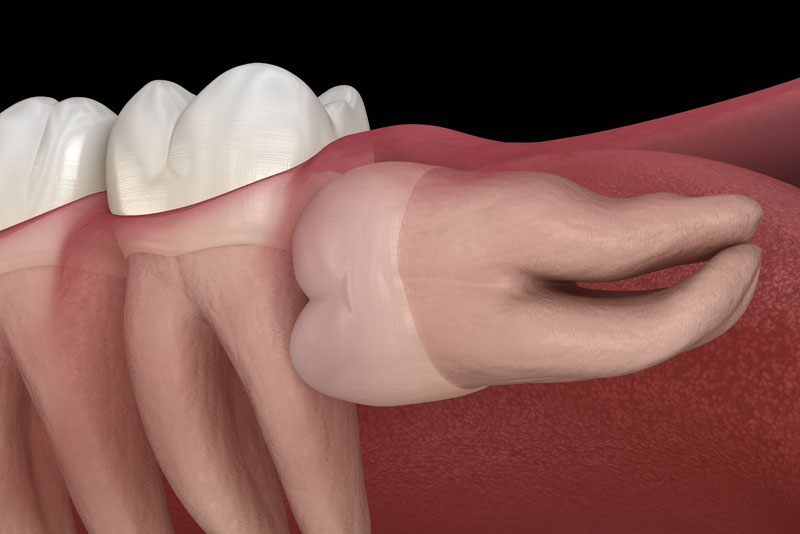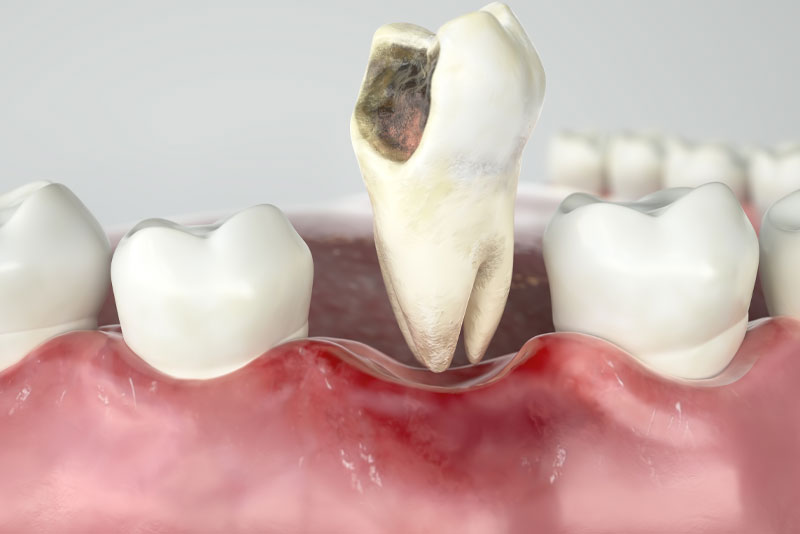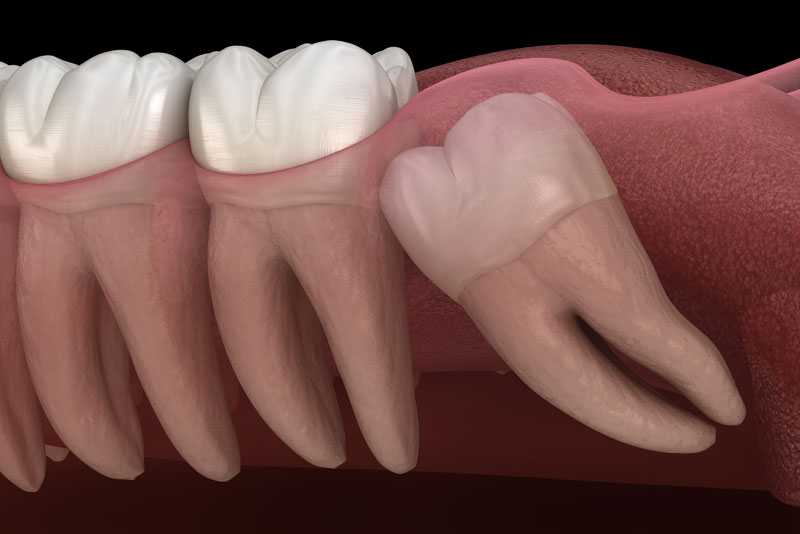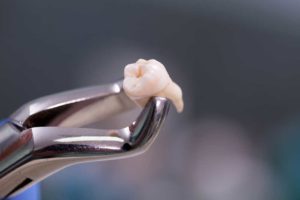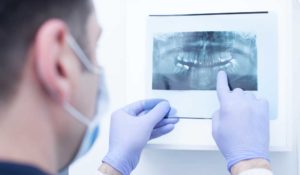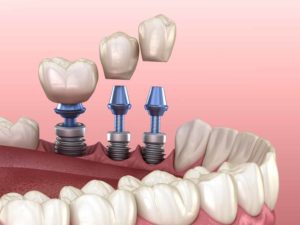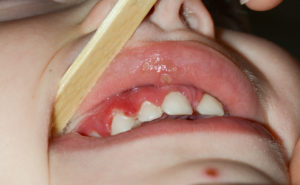When people have problematic wisdom teeth, they will want to go to a trusted oral surgeon in Omaha, NE for a wisdom tooth removal procedure. A skilled and trusted oral surgeon will use the latest techniques and technologies to precisely remove the patient’s problematic wisdom teeth.
There are numerous other reasons why an experienced oral surgeon should remove problematic wisdom teeth. Here is more information on why people should go to an oral surgeon for a wisdom tooth removal.
Reasons To Get Wisdom Teeth Removed By An Oral Surgeon In Omaha, NE
If wisdom teeth are not promptly removed once they become problematic, associated symptoms will start to arise that can result in serious damage to the person’s oral health and even systemic health. An oral surgeon expertly removes wisdom teeth so patients can be free from the symptoms of problematic wisdom teeth.
People with problematic wisdom teeth should go to a quality oral surgeon for a wisdom tooth removal because they have advanced training and experience. An oral surgeon is able to sagely and gently remove any problem wisdom teeth. Wisdom teeth extractions can be difficult because of the complications that can occur, which is why many general dentists refer wisdom teeth removals to an oral surgeon’s office.
In order to protect the patient’s oral health, a skilled oral surgeon should remove wisdom teeth because they are experts on surgical extractions of teeth. Oral surgeons can administer intravenous (IV) sedation or general anesthesia sedation dentistry options to the patients so they can have an anxiety-free and comfortable wisdom tooth removal experience.
How Does The Oral Surgeon Perform A Wisdom Tooth Removal?
Due to the fact that wisdom teeth do not typically have the adequate space to grow in properly, they are often impacted, which means they do not fully erupt out of the jaw. Extracting these teeth is more difficult because of their position in the jaw and because they are surrounded by nerves. A knowledgeable oral surgeon should remove problematic wisdom teeth because they will do it in a way that gives patients positive procedure outcomes.
The oral surgeon will take digital cone beam CT scans of the patient’s jaw to capture detailed information on the position of their problematic wisdom teeth and their surrounding oral structures. After comfortably removing the patient’s problematic wisdom teeth, it will only take a few days to weeks to fully heal.
See Us Now So Our Oral Surgeon Can Expertly Remove Your Problematic Wisdom Teeth
Don’t hesitate on coming to our patient-centered and experienced office for your wisdom tooth removal. Our oral surgeon can accurately remove your wisdom teeth. Get in contact with Dr. John Wewel, Dr. Jerome M. Wees, Dr. Benjamin J. Anderson, Dr. Jason R. May, and our exceptional team at our Midwest Oral Surgery & Dental Implants office to schedule an appointment today!

